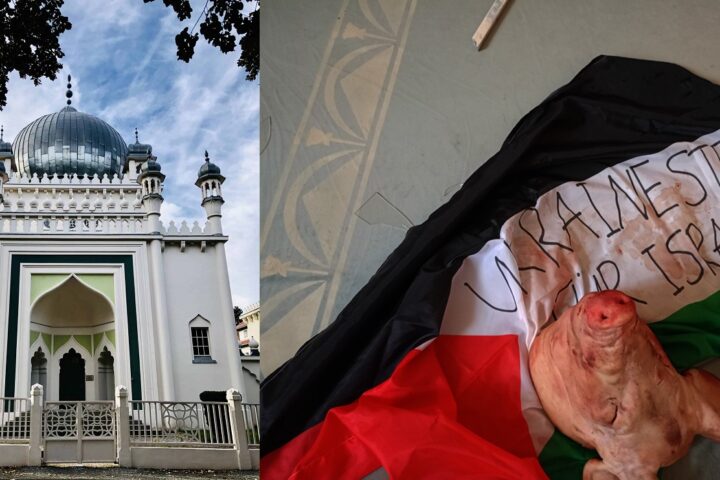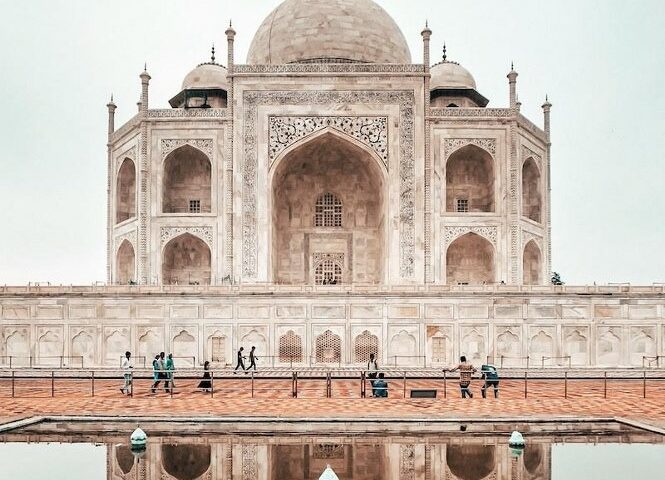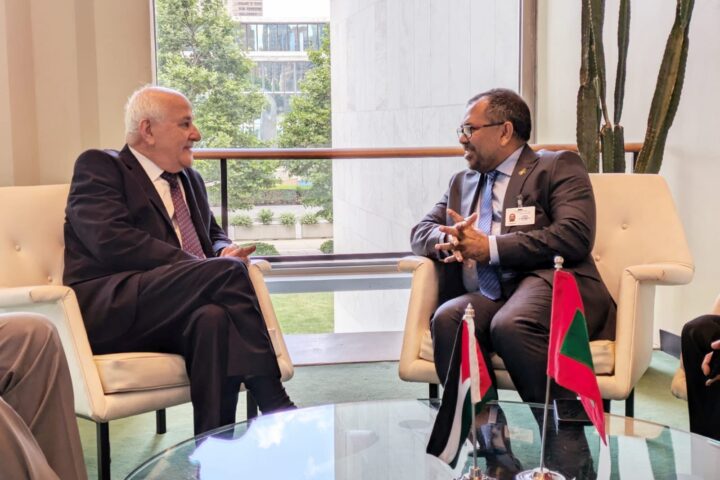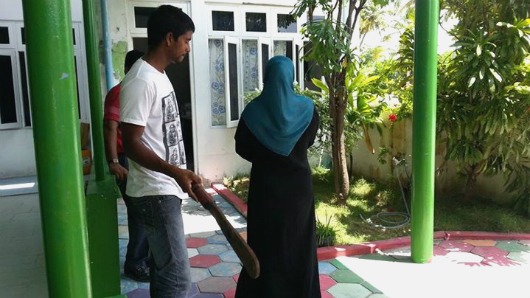For years, the Bharatiya Janata Party (BJP), India’s ruling political force, employed WhatsApp as a primary tool to disseminate contentious narratives and target adversaries with what critics derisively labeled “WhatsApp University” tactics. However, in this elections, the BJP is undertaking a strategic shift.
Moving away from the unbridled dissemination of misinformation rampant within WhatsApp circles, the party is forging alliances with “micro-influencers” to navigate a new terrain of political communication, primarily through visually-driven platforms such as Instagram and YouTube, which enjoy immense popularity among the nation’s youth.
The youth demographic, comprising 18.2 million first-time voters and over 197 million individuals aged 18 to 29, has emerged as a crucial battleground in Indian politics. Notably, major social media platforms including Instagram (with 229 million users), WhatsApp (535 million users), Facebook (315 million users), and YouTube (462 million users) command staggering user bases.
Statistics from EY’s Collective Artists Networks Big Bang Social Report underscore the dominance of social media in India, with approximately 50 percent of smartphone usage dedicated to various platforms. Among these, content endorsed or created by influencers on Instagram and YouTube holds sway.
In recent times, the effectiveness of influencer marketing has surged, with a Business Today report indicating that around 75 percent of brands intend to integrate influencer marketing into their broader strategies.
In the realm of political campaigning, leveraging influencers and social media has become increasingly prevalent, largely due to relaxed spending limits and monitoring by regulatory bodies. Unlike traditional media advertisements constrained by strict spending caps, compensating influencers offers political entities an avenue to amplify their messaging without fiscal limitations during election cycles.
Joyojeet Pal, associate professor at the University of Michigan School of Information, posits that India’s challenge lies not in misinformation per se, but in polarization. Pal contends that the proliferation of innuendo, a continuous stream of divisive content, poses a greater threat as it fosters long-term radicalization without easily debunked falsehoods.
Additionally, deepfakes have emerged as a noteworthy feature of Indian elections this year, sometimes with malicious intent. Instances include false depictions of Bollywood actors critiquing Prime Minister Narendra Modi or endorsing political parties.
Divyendra Jadoun, a prominent Indian deepfake creator, sheds light, with Sky News, on the ethical complexities within the realm of deepfakes. Jadoun highlights requests to manipulate videos to tarnish political figures’ images or fabricate statements from opposing leaders, illustrating the potential misuse of this technology in influencing public opinion.
Furthermore, the resurrection of M. Karunanidhi, a deceased politician, through deepfake technology underscores the evolving landscape of political manipulation.
The shifting dynamics of social media platforms have further altered campaign strategies. While Twitter grapples with algorithmic changes and content moderation challenges, Instagram and YouTube’s visually captivating formats have become preferred avenues for political branding and messaging.
However, the opacity surrounding paid influencer promotions raises concerns regarding accountability and authenticity in political communication. Dr. Tanu Dang, assistant professor at Guru Gobind Singh Indraprastha University, advocates for robust mechanisms to verify the authenticity of political content disseminated through social media platforms.
Despite the pivotal role of social media in modern campaigning, India’s Election Commission faces limitations in proactively monitoring these platforms, relying instead on public complaints to enforce violations of its code of conduct. (Agencies)













